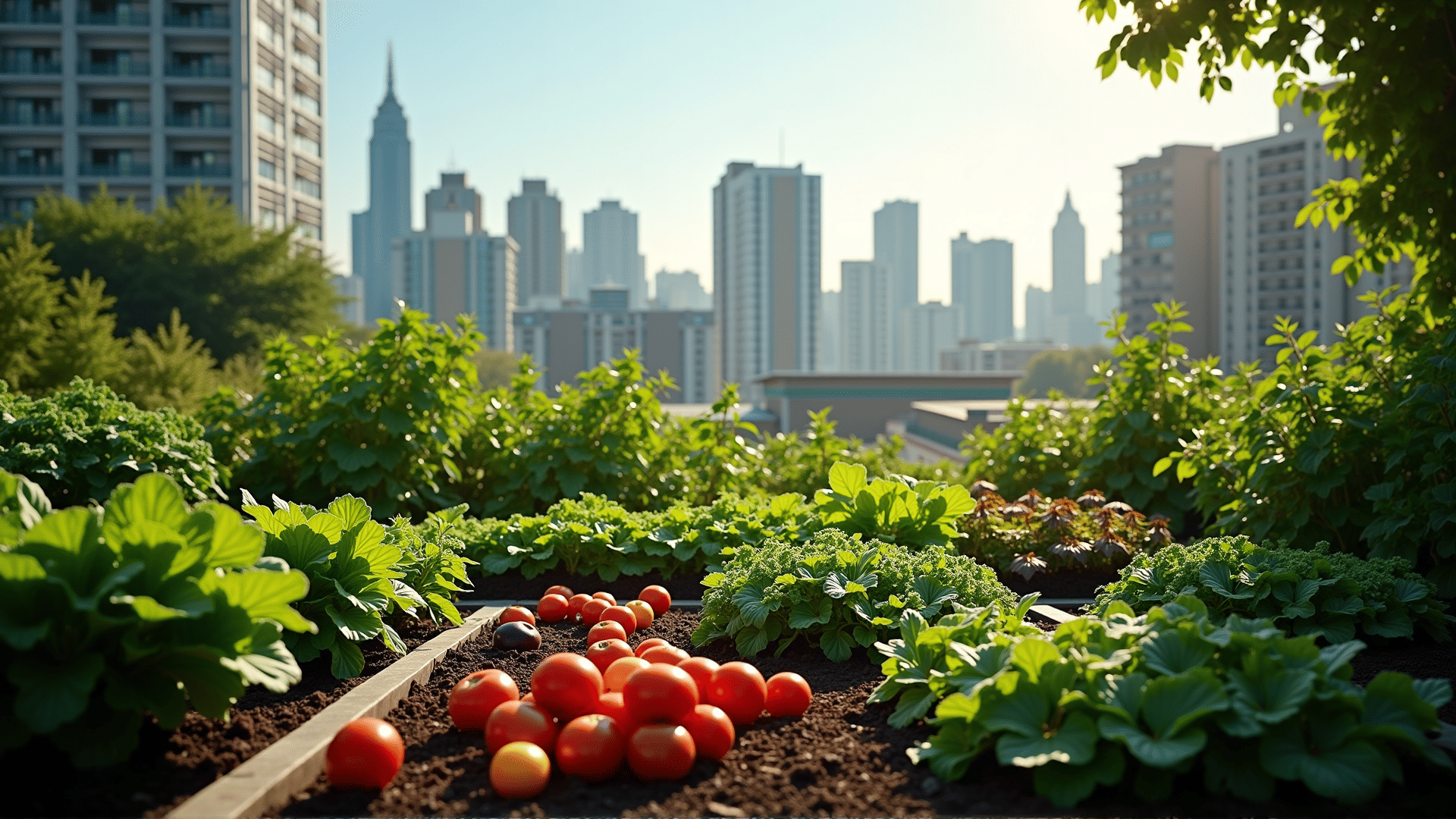In the bustling cities of the Philippines, a transformative movement is taking root, quite literally. Urban gardening is redefining cityscapes, bringing pockets of greenery and pockets of hope to densely populated areas. This green revolution is not only about growing plants but also about fostering communities, enhancing health, and reinvigorating biodiversity.
Across rooftops, balconies, and vacant lots, urban gardens are sprouting in places once considered implausible for agriculture. Residents are converting these spaces into productive gardens, nurturing vegetables and herbs that offer a fresh and sustainable source of nourishment. These gardens are empowering urban dwellers to take control of what they consume, ensuring access to produce that is fresh, organic, and often unique to their regional cultures.
But the benefits of urban gardening extend beyond the table. These green sanctuaries play a crucial role in enhancing urban biodiversity. By providing a habitat for birds, bees, and other pollinators, they contribute to the ecological health of city environments. This influx of nature into urban areas has a profound impact, helping to balance ecosystems and supporting a wide variety of life within city limits.
Urban gardens also serve a critical social function. They are spaces of community and collaboration, where city residents engage in shared interests and collective action. Neighbors come together to plant, maintain, and harvest, fostering connections that might otherwise be rare in city settings. These interactions help create a sense of belonging and shared ownership, strengthening community ties.
Furthermore, urban gardens contribute to cleaner air and reduced urban heat through the presence of more greenery. Plants absorb pollutants, improving air quality, while the increase in vegetation helps mitigate urban heat, making cities more resilient to rising temperatures. These gardens offer a much-needed respite from the concrete jungles, creating peaceful oases for relaxation and meditation amidst the urban hustle.
In essence, urban gardening is not just about cultivating plants; it is about cultivating more livable, sustainable, and harmonious urban landscapes. As this green revolution continues to grow, it holds the promise of transforming cities into healthier, more vibrant spaces for all their inhabitants.
